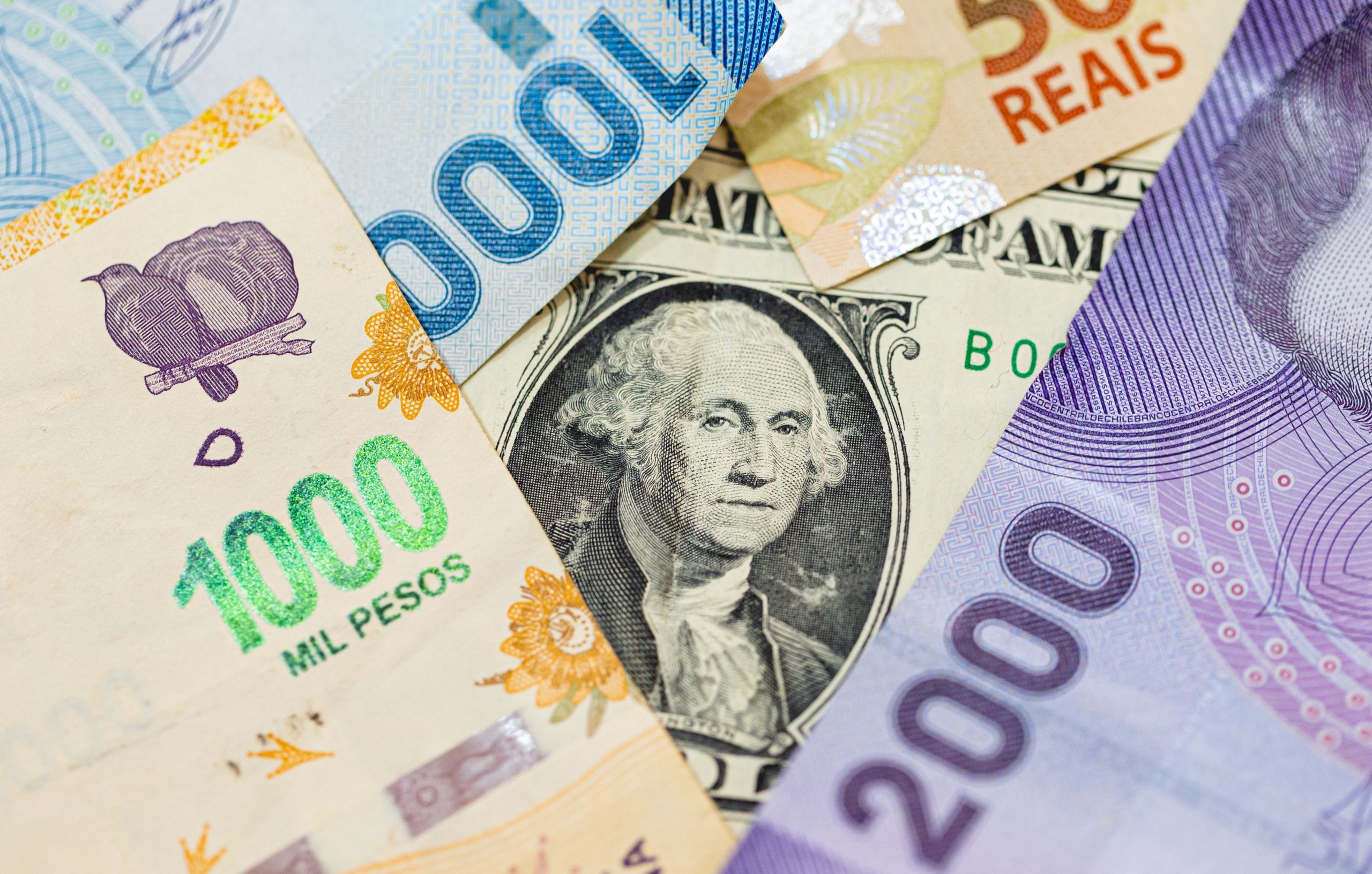Multi-alignment and De-risking: The Global South Response to World Fragmentation

Turbulences and conflicts threaten the stability of the global order. What is the Global South’s response to these risks?

The Global South’s response to these fragmentation risks can analyzed as taking two main forms: a political one through multi-alignment and an economic one aimed at de-risking. Through multi-alignment, countries in the South aim to broaden their alliances with major global poles, freeing themselves from the ideological constraints of the past to reduce geopolitical risks. De-risking entails the strengthening of economic cooperation within the Global South. This Ifri Paper analyses and illustrates these responses.

Available in:
Themes and regions
ISBN / ISSN
Share
Download the full analysis
This page contains only a summary of our work. If you would like to have access to all the information from our research on the subject, you can download the full version in PDF format.
Multi-alignment and De-risking: The Global South Response to World Fragmentation
Related centers and programs
Discover our other research centers and programsFind out more
Discover all our analysesHow Geopolitical Tensions Reshape Trade Patterns: Geoeconomic Fragmentation, or China’s Big Manufacturing Push?
A data-based analysis shows that widespread geoeconomic fragmentation of world trade is not visible, at least so far. In contrast, the geopolitically-motivated challenges to international coordination are striking, notably in relation with China's surging surplus in manufactured goods trade.
Power and Financial Interdependence
The link between financial self-reliance and geopolitical power has long been debated. The unbalanced Sino-American trade relationship has created asymmetric financial ties which generate potential sources of leverage for both parties and will not quickly disappear. Absent a clarifying major crisis, it will be difficult to definitively determine which party has greater leverage.
Why Chinese Fintechs Have Failed to Reshuffle International Finance
New Chinese financial technologies, including unparalleled electronic payment systems, have so far failed to threaten U.S. financial dominance.
Climate, Finance, and Geopolitics: Human Self-delusions and the Challenges for Europe
The combination of geopolitical tensions, climate disruption, and the growing role of finance in the economy is taking us into uncharted territory. Until recently, each of these subjects was handled separately, but they are now inextricably linked by two shared characteristics: the gravity of the threat, and the fact that they all lay bare the scale of human self-delusions.








